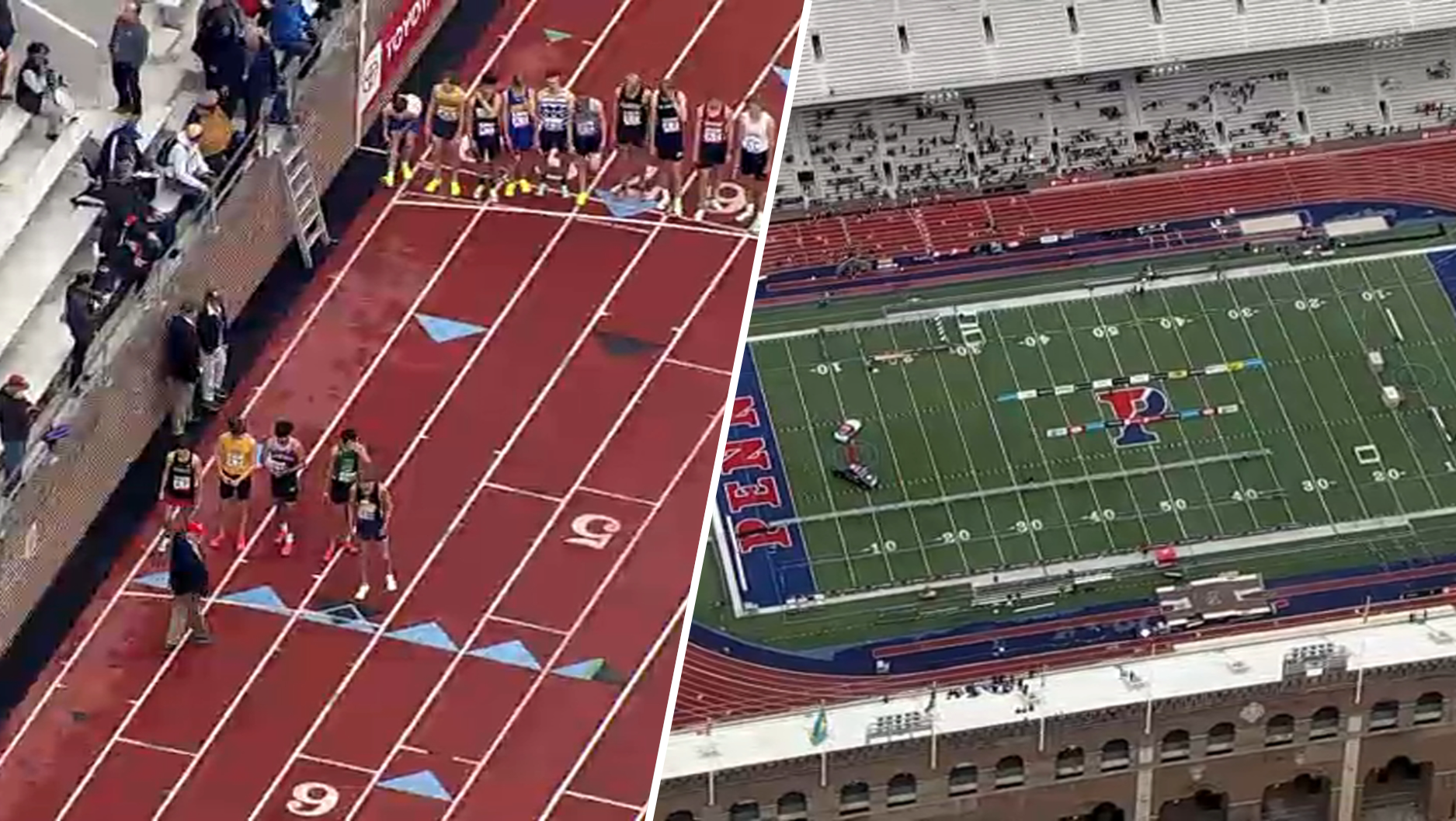A preliminary report from the National Transportation Safety Board reveals blown tire did not cause a plane to abort take-off at the Philadelphia International Airport in March.
U.S. Airways Flight 1702 was forced to abandon its take-off on March 13 around 6:25 p.m. on its way to Fort Lauderdale, Fla. The pilot returned the plane to the ground, where it skidded down the runway before coming to a stop.
The flight crew conducted an emergency evacaution and passengers could be seen running away from the A320. Of the 149 passengers and five crew members aboard the plane, just one minor injury was reported.
Officials initially suspected the damaged tire contributed to the incident, but the latest information shows flight conditions may have played a larger role in causing the nose gear on the Airbus A320 to collapse.
An FAA agent with the Philadelphia Flight Standards District Office says winds affected the plane during the take-off.
Winds shifted during a critical moment of flight and the plane was experiencing quartering winds, which hit the plane at a 45 degree angle.
Sources say winds shifted suddenly from the front to the rear of the plane, causing it to lose lift.
Air control warned pilots flying into Philadelphia International the same day as the aborted flight that wind shear could affect the planes' descent.
Even though wind may have been more of a factor than originally thought, authorities have not yet ruled an official cause.
Local
Breaking news and the stories that matter to your neighborhood.
The investigation will continue until he National Transportation Safety Board makes an official ruling.



